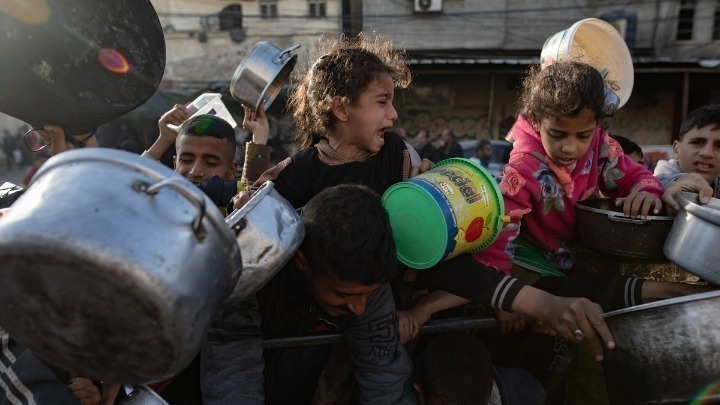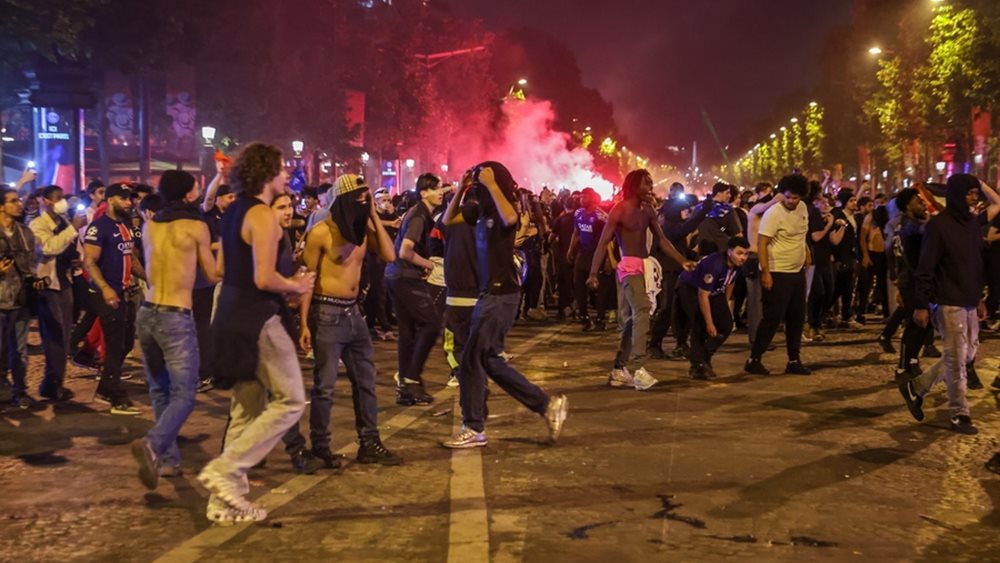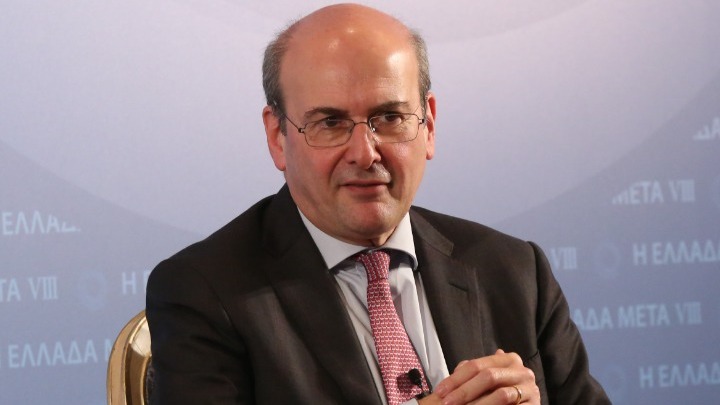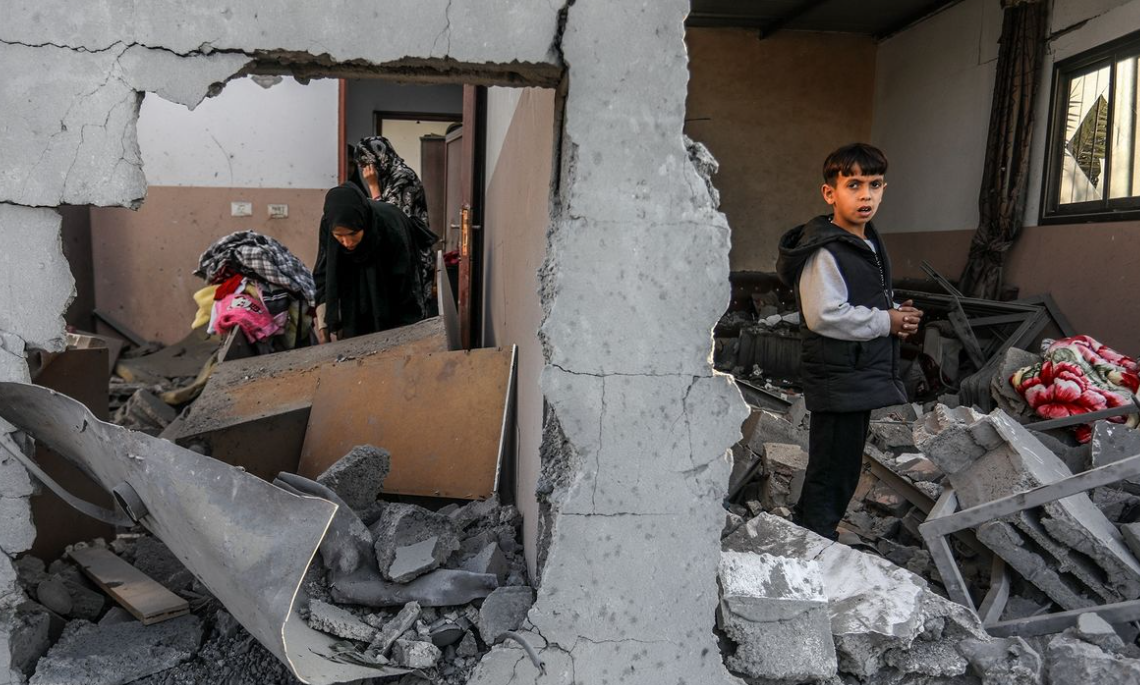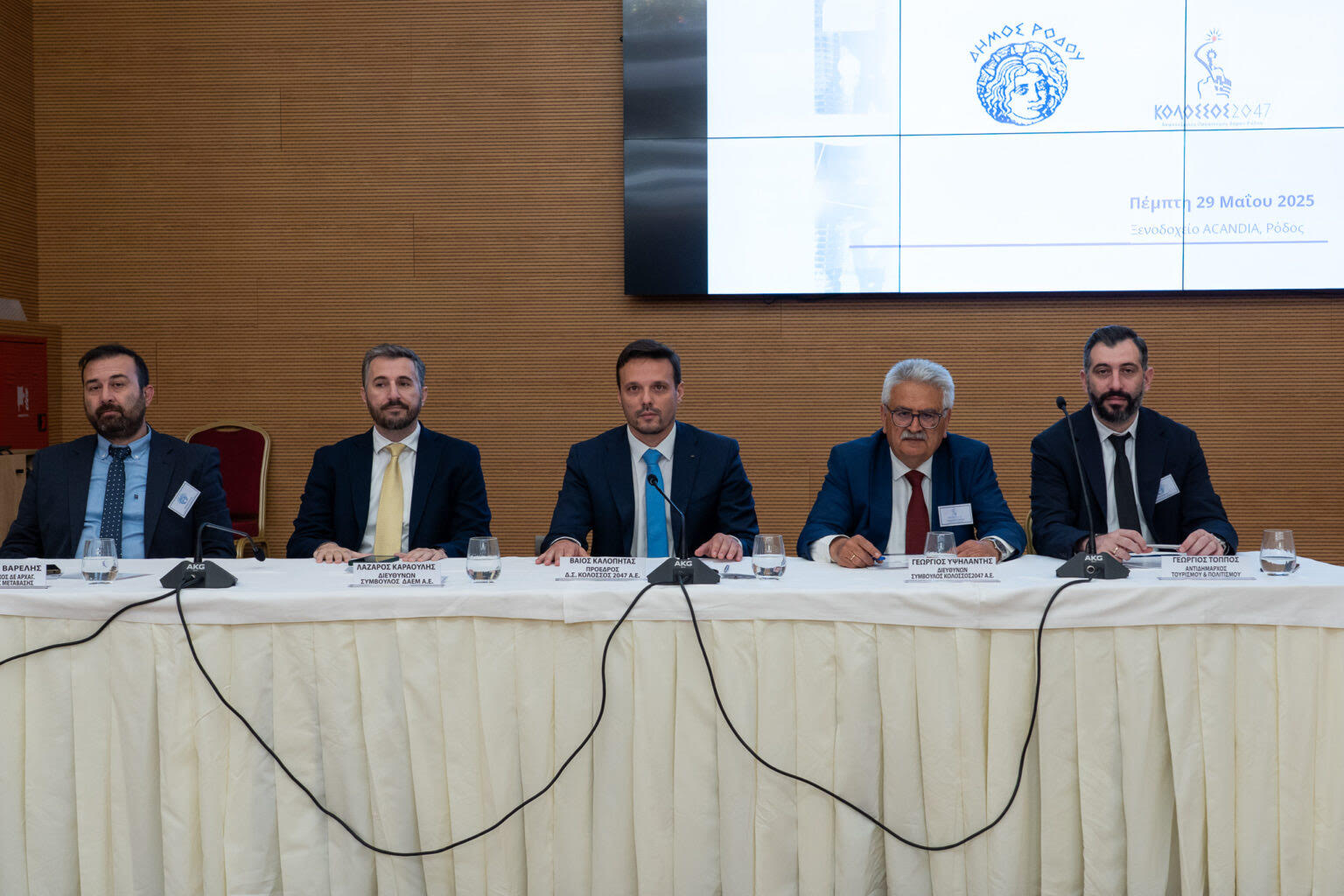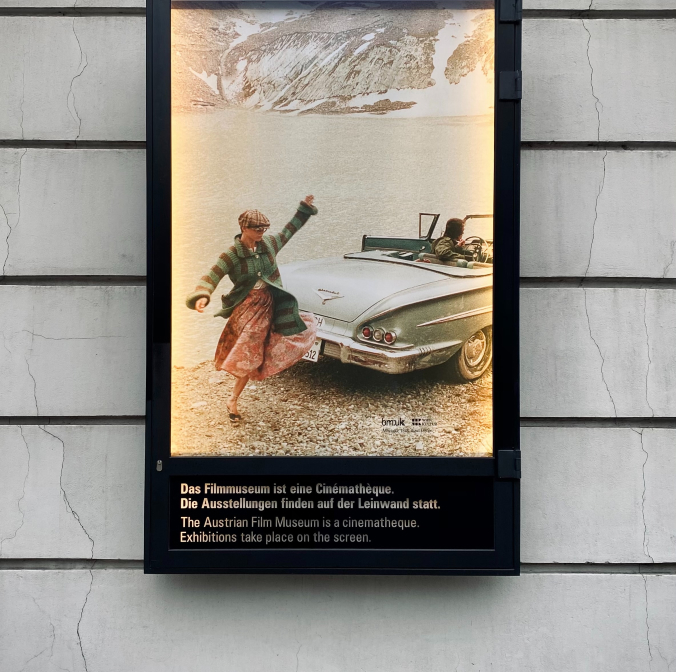ΟΤΑΝ Ο ΠΑΠΑΝΔΡΕΟΥ…ΑΓΑΠΑΕΙ ΤΙΣ ΓΥΝΑΙΚΕΣ
Ενα άρθρο αφιερωμένο στις γυναίκες, ενόψει και της γιορτής του Αγίου Βαλεντίνου ανάρτησε στην τσεχική ιστοσελίδα «Project Syndicate» ο πρώην έλληνας πρωθυπουργός Γιώργος Παπανδρέου. Ως “μπον βιβέρ” της πολιτικής και μέλος του διεθνούς πολιτικού τζετ σετ των “πρώην” ο κ. Παπανδρέου περιδιαβαίνει την υφήλιο, δίνει συναντεύξεις και κάνει διαλέξεις, κρατώντας αποστάσεις από την εγχώρια πολιτική ζωή, την φτώχεια και τον θυμό των Ελλήνων…
Το άρθρο του κ. Παπανδρέου, το οποίο συνυπογράφει με την πρόεδρο της Σοσιαλιστικής Διεθνούς Γυναικών, Κουάφα Χατζί, στην τσεχική ιστοσελίδα που φιλοξενεί απόψεις κορυφαίων προσωπικοτήτων, με αφορμή τη γιορτή των ερωτευμένων κάνει μια εκτεταμένη αναφορά στην κακοποίηση που υφίστανται οι γυναίκες ανά τον κόσμο.
«Την ώρα που αμέτρητα ζευγάρια θα γιορτάσουν τον ρομαντισμό υπό το φως των κεριών, ένα δισεκατομμύριο γυναίκες και άνδρες παγκοσμίως αγωνίζονται για να ακουστούν οι φωνές κακοποιημένων γυναικών», τονίζουν ο κ. Παπανδρέου και η κυρία Χατζί στην αρχή του άρθρου τους.
Στη συνέχεια παρουσιάζουν μια σειρά από παραδείγματα ακραίας κακοποίησης γυναικών ανά τον κόσμο, κάνοντας αναφορά και στο ρόλο που έπαιξε στην εξάπλωση του φαινομένου η εύκολη πρόσβαση στην πορνογραφία μέσω του Διαδικτύου.
Παράλληλα, καταδεικνύουν την ανάγκη οι κυβερνήσεις ανά τον κόσμο να προωθήσουν τα δικαιώματα των γυναικών μέσω της σχετικής νομοθεσίας και να προωθήσουν την αλλαγή μιας νοοτροπίας που θα απορρίπτει την περιθωριοποίηση ή την κακομεταχείριση των γυναικών.
Κλείνοντας οι αρθρογράφοι τονίζουν, πως απαιτείται ανάληψη συλλογικής δράσης από τη διεθνή κοινότητα για την αμφισβήτηση των συμπεριφορών που οδηγούν στη βία, την καταπίεση και την ανισότητα.
Πηγή: Ο Παπανδρέου στο δικό του χρόνο: Γράφει για τη γιορτή του Αγίου Βαλεντίνου | iefimerida.gr http://www.iefimerida.gr/node/89905#ixzz2KOYFiqXe
ΔΙΑΒΑΣΤΕ ΤΟ ΑΡΘΡΟ ΣΤΑ ΑΓΓΛΙΚΑ
Ending the War Against Women
CommentsView/Create comment on this paragraphAccording to the United Nations, one in three women worldwide will be raped or beaten in her lifetime. In some countries, up to seven in ten women will be beaten, raped, abused, or mutilated. Often, the victims of such abuses are treated as criminals – dishonored, brutalized, ostracized, imprisoned, and even executed – while perpetrators remain free. Millions of women suffer in this way, but their stories remain untold.
CommentsView/Create comment on this paragraphLast December, the brutal gang rape and murder of a 23-year-old woman in India – two months after Pakistan’s Taliban shot 14-year-old Malala Yousafzai for advocating education – triggered large-scale public protests. This outcry should mark the start of a global movement to lift the veil of silence that shrouds violence against women – which often begins at home – and protects the perpetrators.
CommentsView/Create comment on this paragraphFrom honor killings to child marriages, from date rape to sex slavery, crimes against women are prevalent in every society. But, when women are courageous enough to report abuse, doctors are often unhelpful, police are hostile, and the justice system fails them. For example, one in three women in the United States military is sexually assaulted, usually by a colleague, yet very few attackers are convicted. Likewise, in the United Kingdom, 473,000 sexual offenses are reported annually, 60,000-95,000 of which are classified as rape. But, in each of the last three years, only slightly more than 1,000 offenders were convicted of rape.
CommentsView/Create comment on this paragraphIn the 1970’s, feminists identified the connection between rape, male privilege, and female sexual vilification. Today, readily accessible Internet pornography is teaching boys and men that sexual acts involving degradation and even violent abuse of women are acceptable.
CommentsView/Create comment on this paragraphMeanwhile, many privileged women, instilled with a strong sense of entitlement, dismiss feminism as passé. But gender discrimination continues to pervade all aspects of society, with most social and political institutions continuing to foster “glass ceilings,” if not outright female subordination. Women receive equal pay and equal opportunities in very few countries.
CommentsView/Create comment on this paragraphFeminism thus has a crucial role to play in the twenty-first century. After all, as Executive Director of UN Women Michelle Bachelet has put it, “violence against women is…a threat to democracy, a barrier to lasting peace, a burden on national economies, and an appalling human-rights violation.” Governments must continue to advance women’s rights through legislation, while civil society must promote a cultural shift that rejects women’s marginalization or mistreatment. Only by enabling women to realize their potential can countries ensure economic and social progress.
CommentsView/Create comment on this paragraphThis potential was evident during the Arab Spring uprisings, when women, empowered by recent advances in literacy and education, organized and led demonstrations that toppled decades-old regimes. In Egypt, even as female political activists and reporters were being sexually harassed in Tahrir Square, they continued to contribute to the revolution.
CommentsView/Create comment on this paragraphBut gender equality remains a distant goal in the region, with women being left out of the political process, exerting little influence in governing bodies or in drafting new constitutions. In fact, on the Egyptian revolution’s two-year anniversary last week, when thousands of demonstrators took to the streets to protest President Mohamed Morsi and the Muslim Brotherhood, at least nine female protesters were sexually assaulted in Tahrir Square.
CommentsView/Create comment on this paragraphIn March, government and civil-society leaders will gather in New York for a meeting of the UN Commission on the Status of Women to agree on a plan to eliminate violence against women. Global leaders should take this opportunity to pledge to adopt the policies and devote the resources needed to end pervasive violations of women’s human rights.
CommentsView/Create comment on this paragraphBut, without the political will to enact legislation and enforce it effectively, promises are meaningless. Although 187 countries have signed the 1979 United Nations Convention on the Elimination of All Forms of Violence Against Women, statistics show little progress.
CommentsView/Create comment on this paragraphConsider Afghanistan, which ratified the convention in 2009. A 2012 Action Aid survey found that violence against women has never been more prevalent, with 87% of women suffering domestic abuse. In the same year, President Hamid Karzai’s government upheld a husband’s legal right to beat his wife. If an Afghan man murders his wife, he can expect to pay a fine.
CommentsView/Create comment on this paragraphChange is possible, but it requires collective action by the international community to challenge the attitudes that lead to violence, oppression, and inequality. Five steps are particularly important:
CommentsView/Create comment on this paragraph· Ratify and enforce all relevant regional and international treaties, and implement laws that prohibit violence against women and ensure effective punishment of offenses.
CommentsView/Create comment on this paragraph· Enhance women’s economic and political empowerment, including by directing international aid toward their health, education, and welfare.
CommentsView/Create comment on this paragraph· Increase public awareness of the problem through traditional media, as well as through social media and other electronic channels.
CommentsView/Create comment on this paragraph· Mobilize men and boys against violence through educational programs.
CommentsView/Create comment on this paragraph· Improve support for survivors of violence and their families, including legal assistance, psychological counseling, and health care.
CommentsView/Create comment on this paragraphMany international movements and organizations – such as Women Under Siege, V-Day, and Stop Violence Against Women – are already working to deliver justice and security to women. Governments and political parties should support such initiatives.
CommentsView/Create comment on this paragraphAll people deserve justice, equality, and freedom from violence. On February 14, women and men worldwide should support One Billion Rising, a global call for people to show their support for the one billion women who have survived violence and abuse. Whether you choose to strike, dance, speak out, or simply stand up, your involvement will bring the world closer to ending this deadly war against women.
Most Viewed
Latest Articles
Categories
- Advertorial (103)
- Auto (167)
- Editor's Choice (1,654)
- Energy (126)
- English (4)
- Headlines (14,475)
- IL Consigliere (264)
- Life (4,699)
- Media (3,969)
- Opinions (2,338)
- Sports (5,656)
- Spots (8,663)
- Tech (1,890)
- Top Stories (1,860)
- Uncategorized (7,130)
- ΑΓΟΡΑ (14)
- Αφιέρωμα (17)
- Αφιέρωμα1 (11)
- Αφιέρωμα2 (15)
- Γυναίκα & Επιχειρηματικότητα (9)
- Ειδήσεις (22,091)
- Εικονες (715)
- ΕΚΛΟΓΕΣ 2023 (620)
- Ενέργεια (461)
- ΕΠΙΧΕΙΡΕΙΝ (12)
- Επιχειρηματικότητα (14)
- Εργασία (96)
- Έρευνα (95)
- Ευρωεκλογές 2024 (275)
- Κόσμος (22,854)
- Νερό (43)
- Οικονομια (14,623)
- Οψεις (1,934)
- Πολιτικη (65,046)
- προσωπο (386)
- Ρουμπρικα (703)
- Συμφωνία Πρεσπών (161)
- Συνέντευξη (1)
- Τουρκια (84)
- Υγεια (968)
- Φάκελοι (110)























